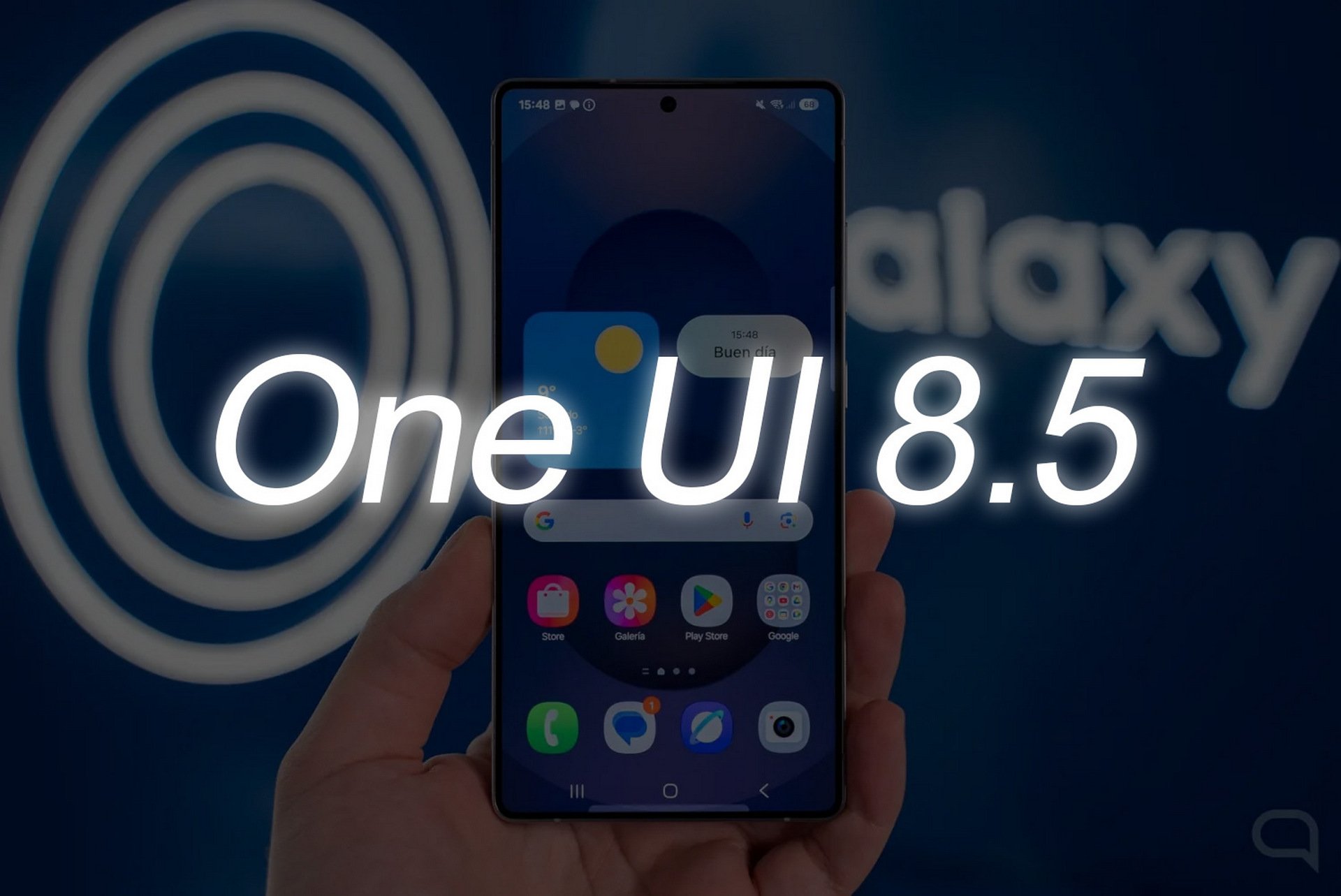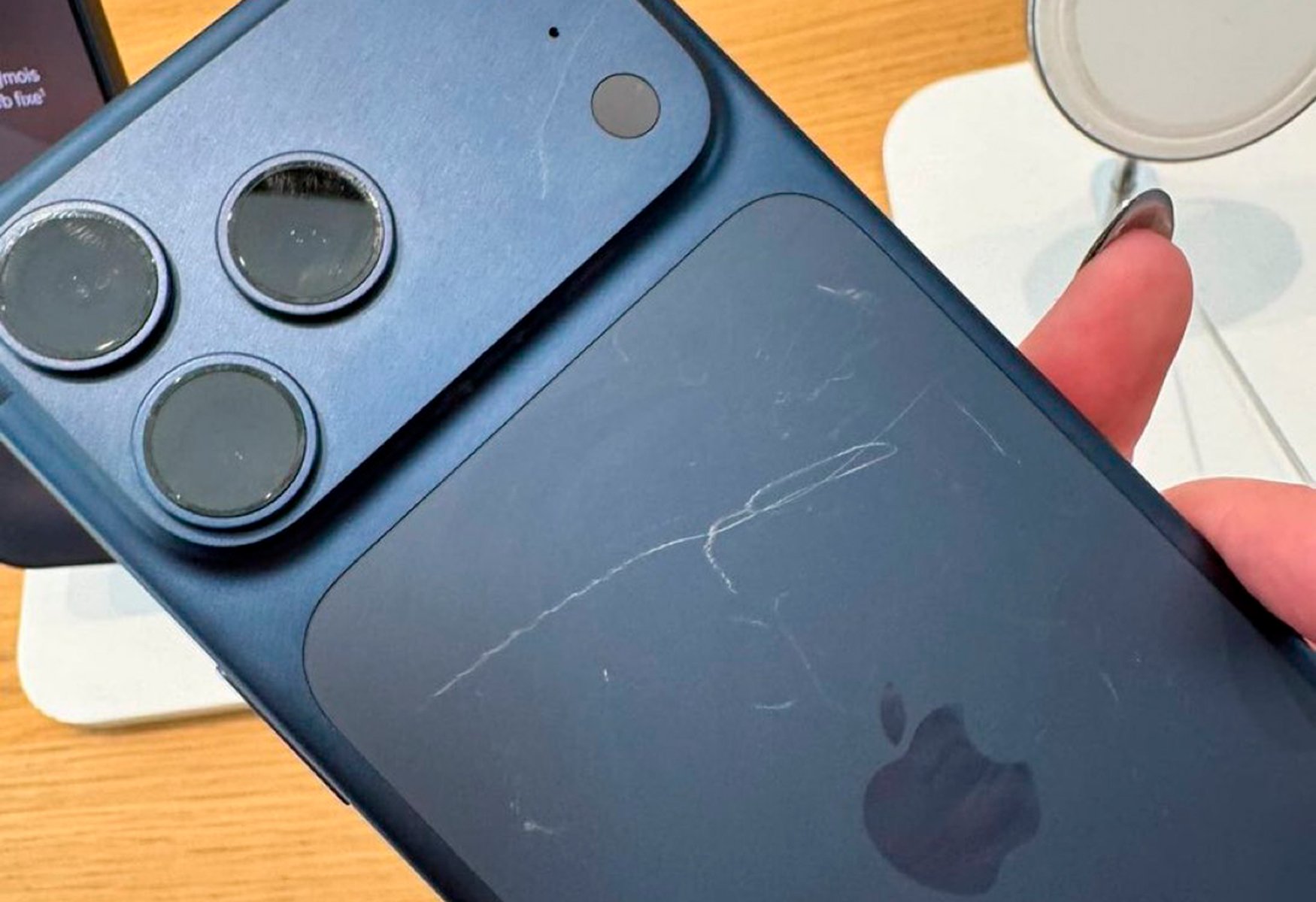Apple has made many changes to iOS 17.4 at European level to comply with the Digital Markets Act, which came into force on 6 March. Most notable is the possibility that developers will be able to run their own app stores for the iPhone, but there is also an important modification regarding NFC– Now open to third parties. This is very good news, but it can also have negative consequences that can ruin the user experience.
Because NFC is open to third parties as required by the Digital Markets Act, Apple is giving developers the ability to can run their own wallets on iPhone. That is: now, with iOS 17.4, European users will be able to choose, if they wish, an alternative to the Wallet application that comes pre-installed on the system. This is good news as it allows companies like Google to launch Google Pay on iOS – although, yes, they haven’t announced their intention to do so yet.
At the same time, it offers users freedom of choice between one or another portfolio application. If, for example, your bank card isn’t available in Apple Pay, you can use Google Pay and the Google Wallet app to pay in stores directly from your iPhone.
Opening NFC in iOS 17.4 has its drawbacks
Opening NFC to third parties in iOS 17.4 It also offers the ability for banking institutions to develop their own wallets to run on iOS.or that their respective apps offer mobile payment capabilities. This is something that has been available on Android for years, but it several disadvantages.
First of all, application interfaces from banks are generally not as well designed or optimized, which can result in a poorer user experience compared to what we get with, for example, Apple Pay, where the user only needs to double-click and pay.
They are also very unstable and tend to fail repeatedly. Not to mention the chaos that would be if each bank decided to launch its own mobile payment application, which would make the user registered with different organizations I had to use one app or another depending on the card.instead of keeping them all together in one portfolio.
The fact that there are third party wallets from companies like Google also has several disadvantages associated with integration. No matter how well they are taken care of, how well they work, or how much they can use the double-tap feature to pay, they will not be as well integrated into iOS as is the case with Apple Pay, which even works in Safari and other Apple apps .
On the other hand, third-party wallets in iOS 17.4 may not include the same privacy and security measures offered by Apple Wallet, which uses token techniques that protect information on an actual physical card.

Apple also suffered
The introduction of NFC in iOS 17.4 also hurts Apple for one reason: banking institutions that have agreements with the company to use Apple Pay they can break their contract in favor of an independent wallet app. One thing to keep in mind is that Apple Pay is free for the user, but banks must pay Apple a fee for each wallet transaction. A commission they could have avoided, we repeat, by choosing their own statement.
In this case the only viable option is for Apple this will reduce their commission to prevent banks from either choosing to integrate with third-party wallets that run on iOS or launching their own mobile payment platforms for the iPhone.
In any case, it is too early to say which banking institutions or which platforms will take advantage of the discovery of NFC on the iPhone.
Source: Hiper Textual
I’m Ben Stock, a highly experienced and passionate journalist with a career in the news industry spanning more than 10 years. I specialize in writing content for websites, including researching and interviewing sources to produce engaging articles. My current role is as an author at Gadget Onus, where I mainly cover the mobile section.













